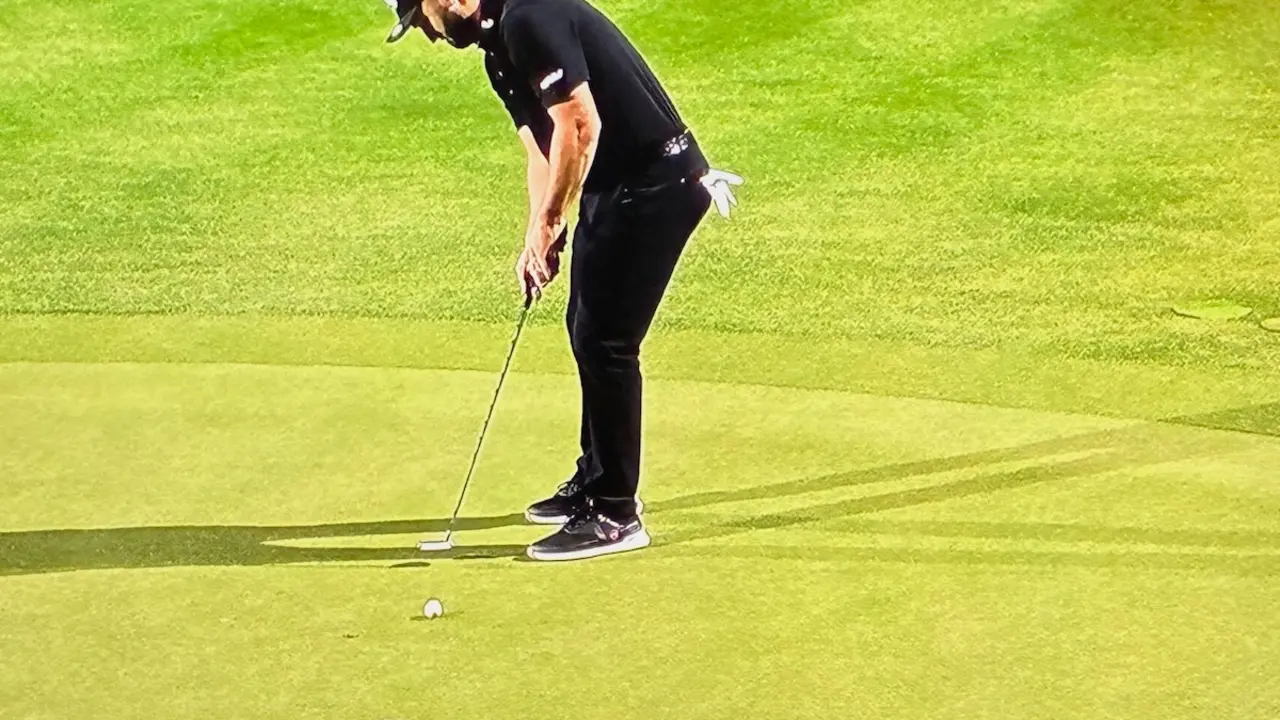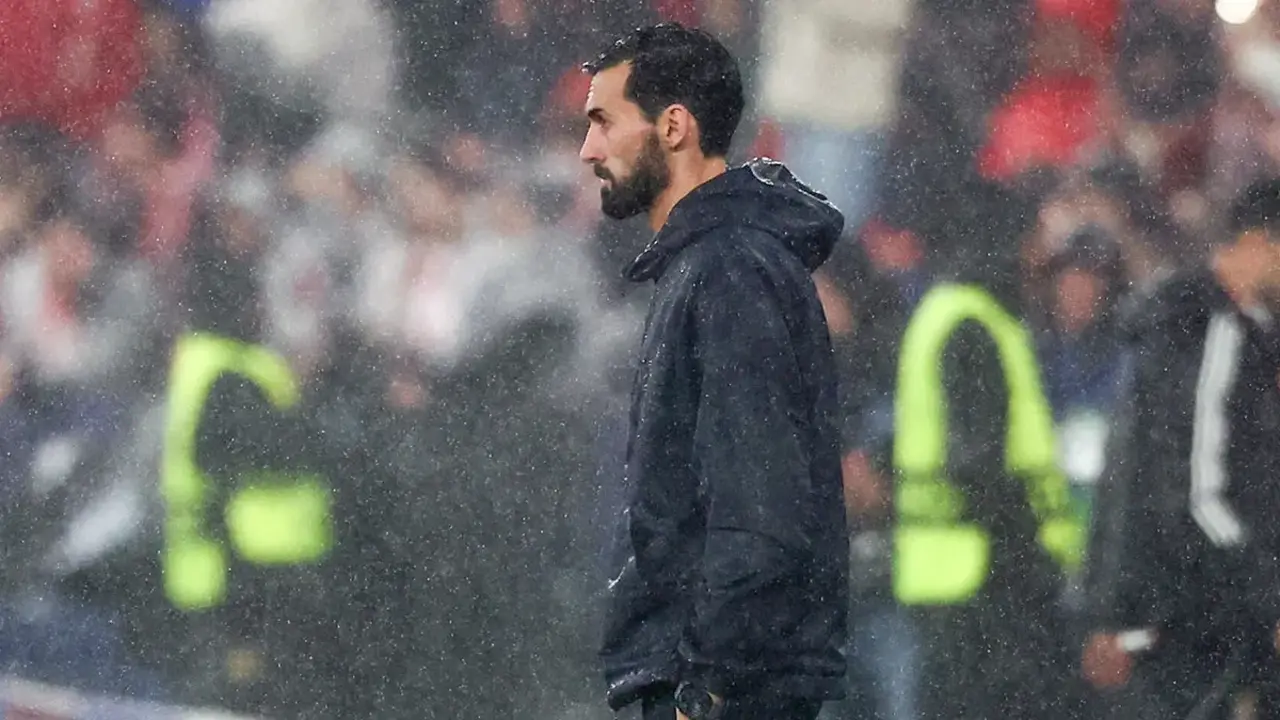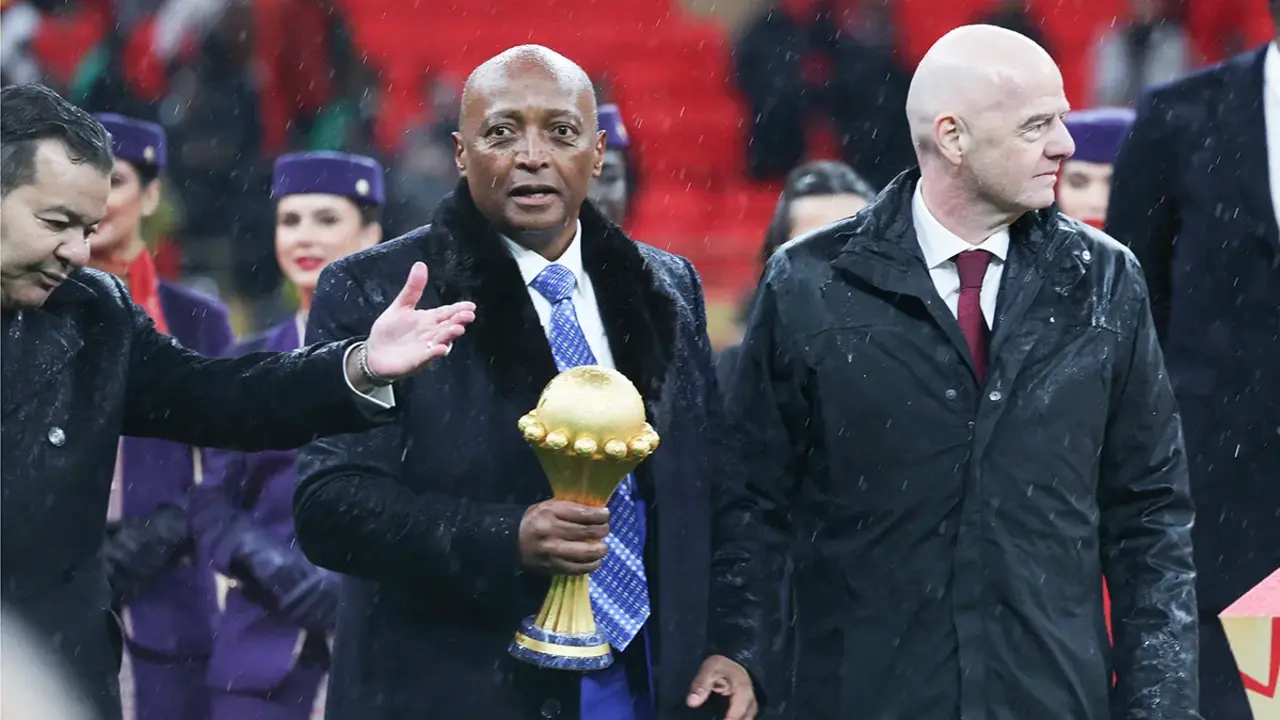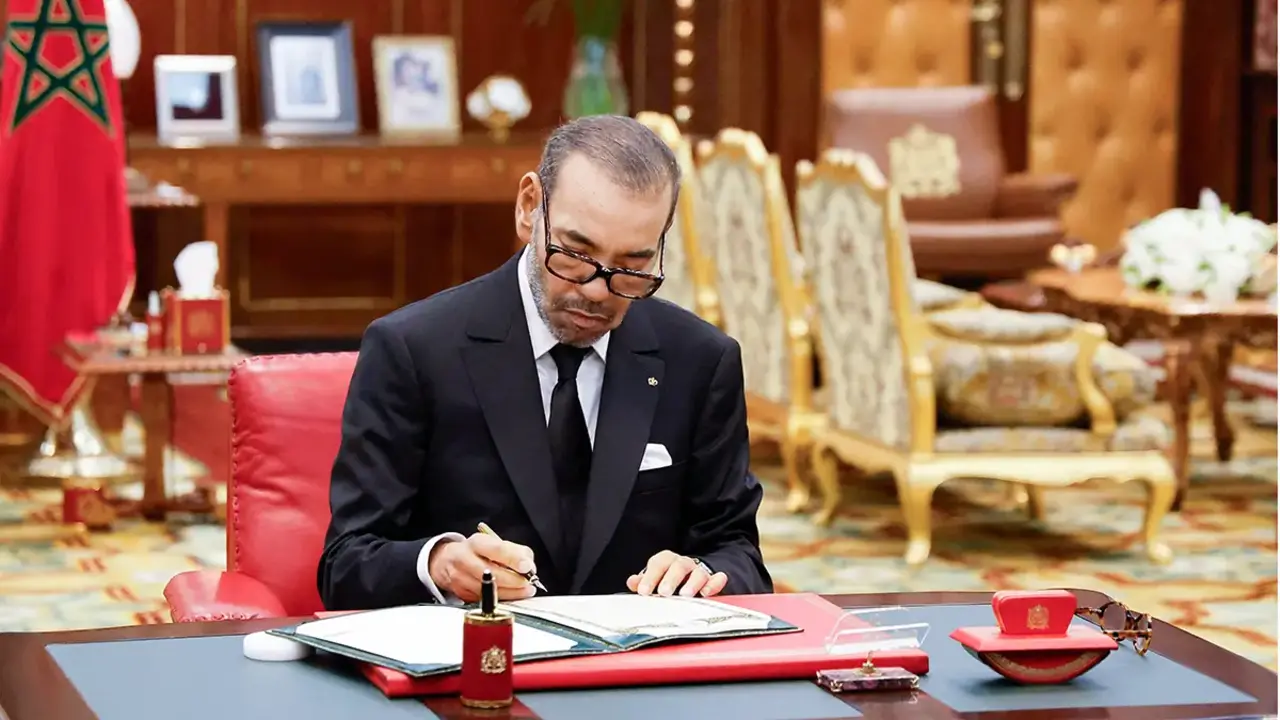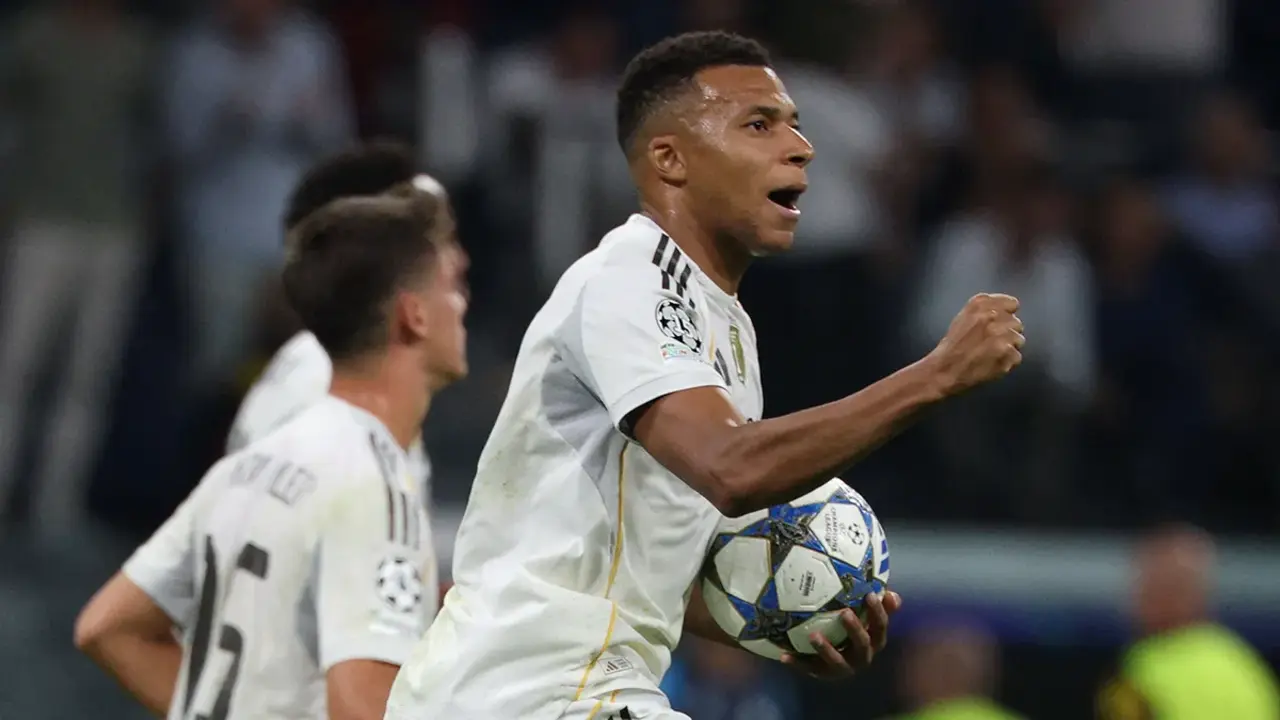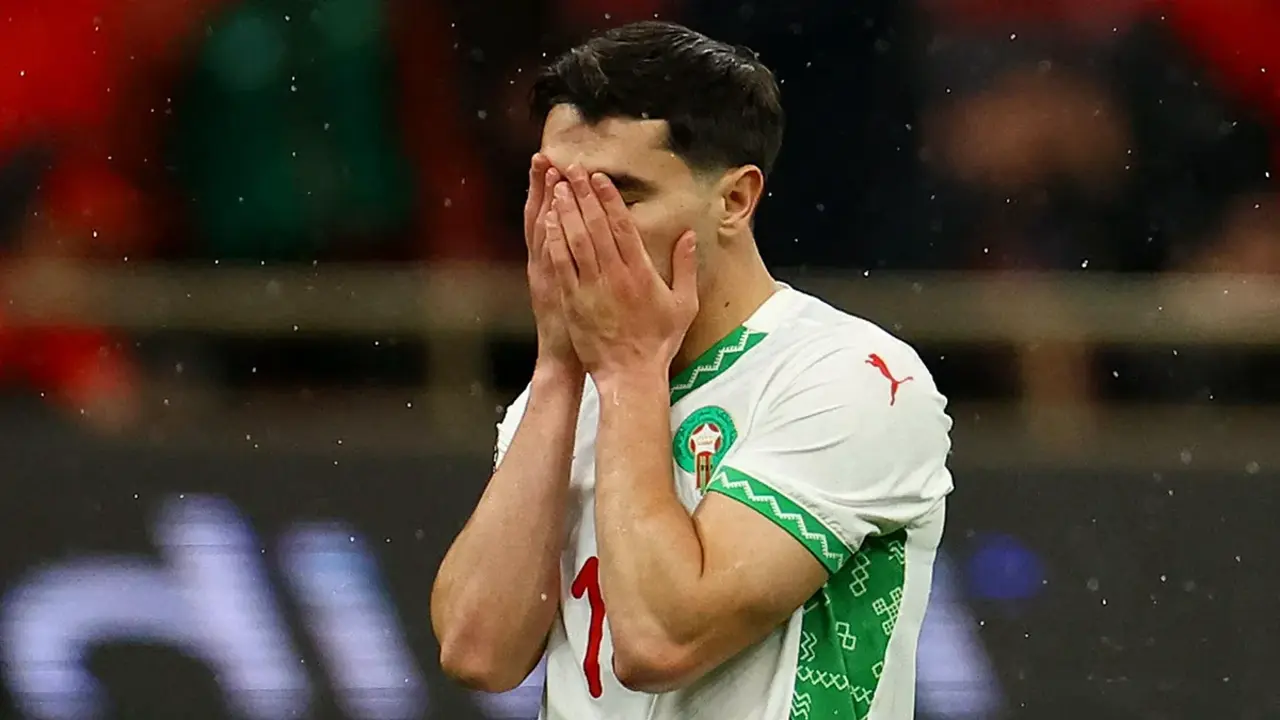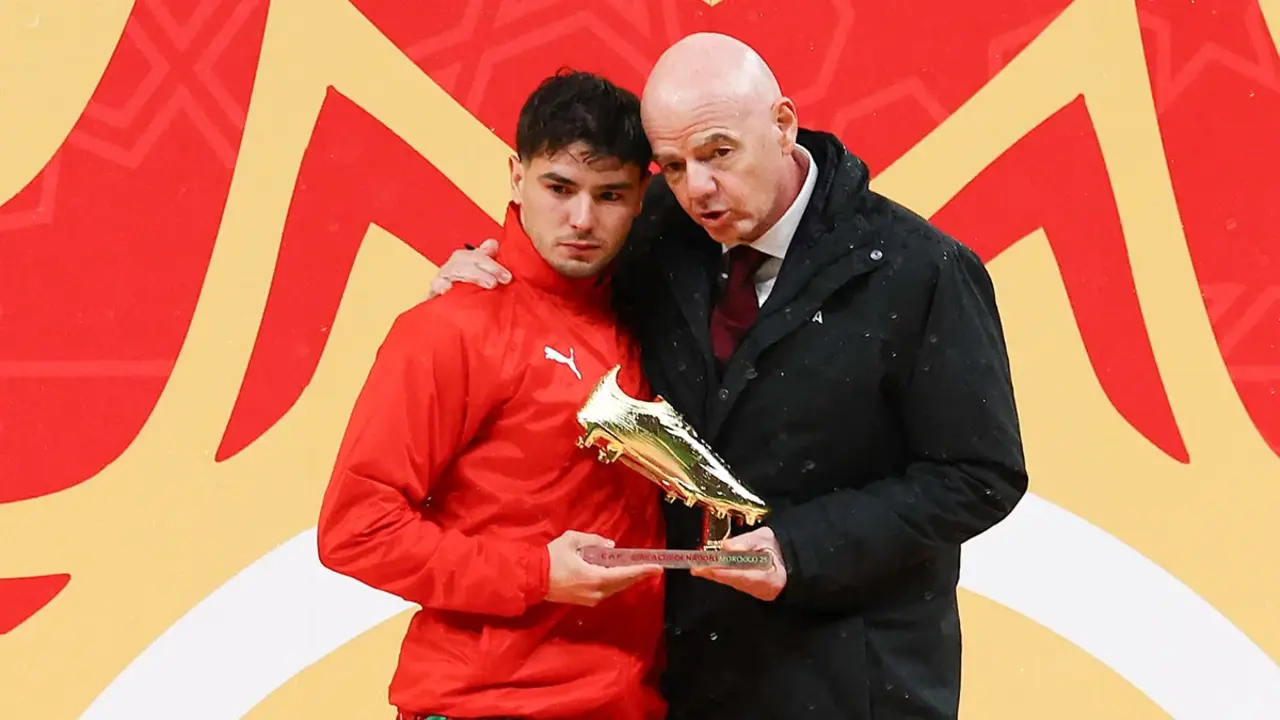Egypt: Altercations between ultras and police intensify the political landscape
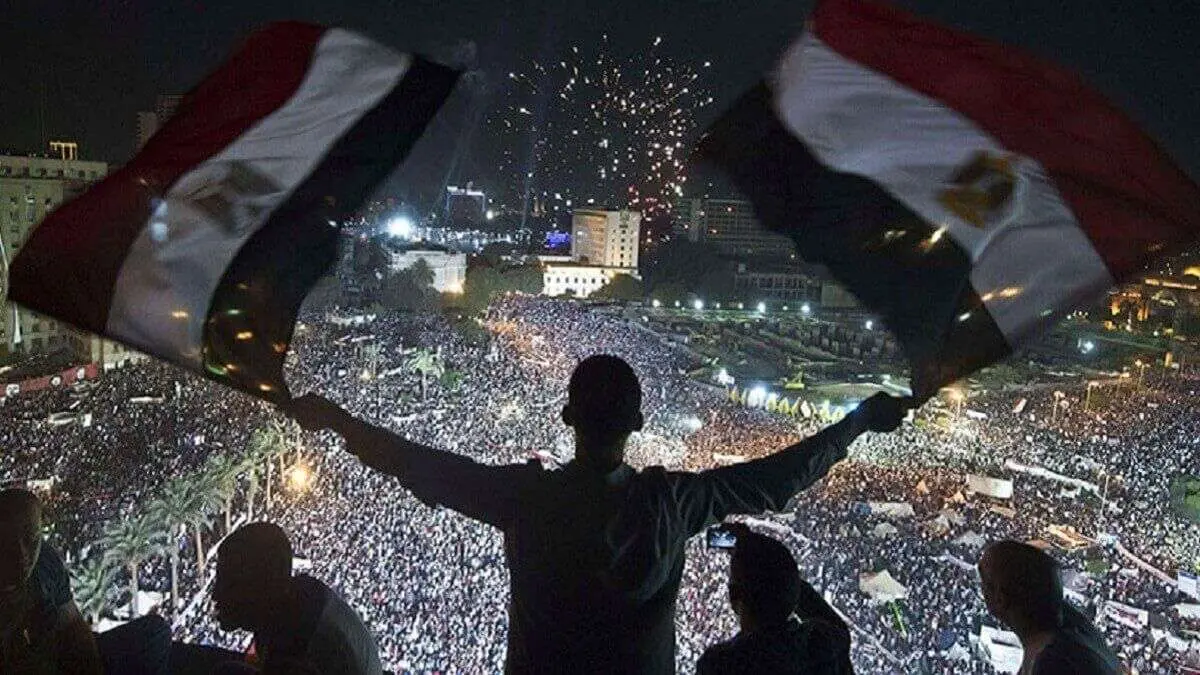
As a general rule, football fans, like fans of any other type of sport, go to events in search of spectacle, a good atmosphere and to enjoy the "festival of sport". As happens in all areas, including those outside sport, there are radical fanatics who express their emotions without thinking about the consequences and the political weight that their actions may have. In Egypt, these situations in which they can generate controversy are particularly worrying. And it is not surprising since in 2011 the ultras of Cairo's top two football teams acquired the nickname of the "Custodians of the Revolution", who ignited the streets of Egypt that eventually led to the overthrow of Hosni Mubarak.
The young members of the Ultras Al-Ahly and the Ultras White Knights of Zamalek FC had already been involved in street fights and other bloody confrontations with the rule of the Egyptian Police on a widespread basis. But after the fall of Mubarak, the government had taken notice, and the ultras were one of the groups most targeted by the Egyptian security apparatus. Little of that youthful, visceral anger that leapt from the stadiums to the streets for the revolution remains today. They are harassed on the streets, with hundreds arrested, demonised in the media, and their public space in stadiums is closed.
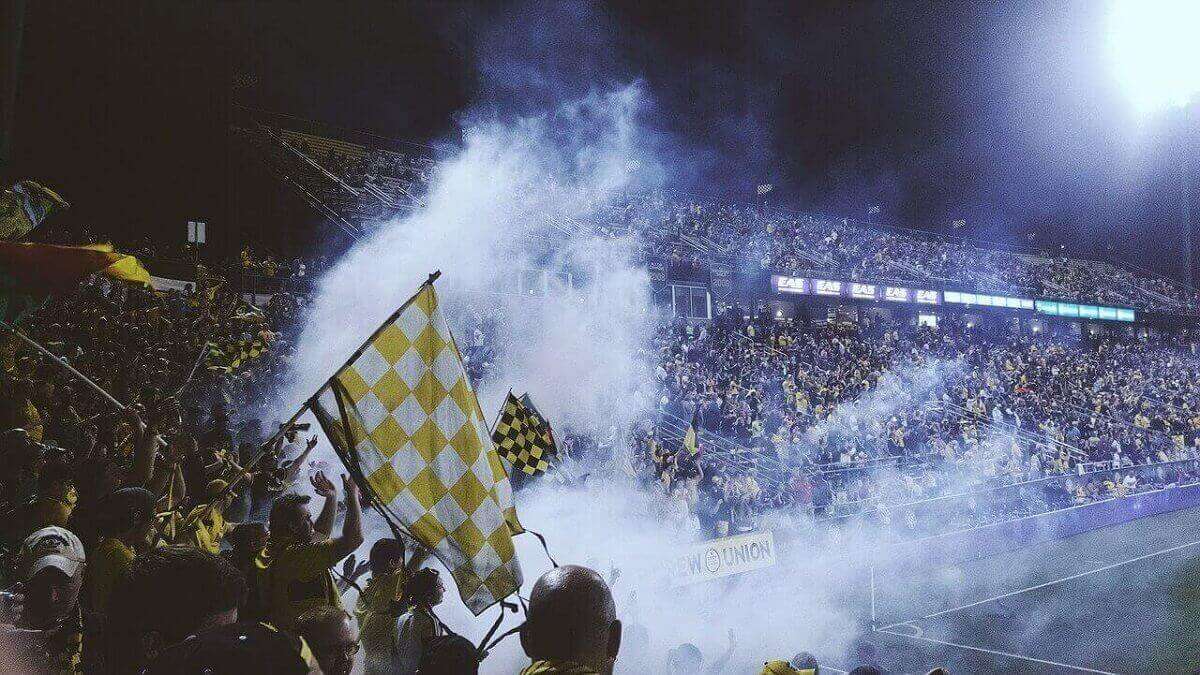
The ultra movement as such was only formed in 2007. "The Egyptian state saw them as a threat, and they were one of the first groups affected by repression," explains Ronnie Close, professor at the American University in Cairo (AUC) and author of the book "Cairo Ultras: Resistance and Revolution in Egyptian Football Culture", published in November 2019. That same year, in an interview with El Confidencial, he said the book examines "the brief history of Cairo's "ultras" as a collective movement that became part of the momentous street politics that overthrew an autocratic leader".
Three years after President Abdel Fattah al-Sisi came to power and entered into dialogue with them, gave them a reasoned speech and called for state support, the supporters' associations announced the dissolution of their entities and the burning of their documents. This was after the revolutionary forces of various affiliations discovered during the January revolution that the only organised group in Egypt with organising experience and the courage to confront security are the young ultras.
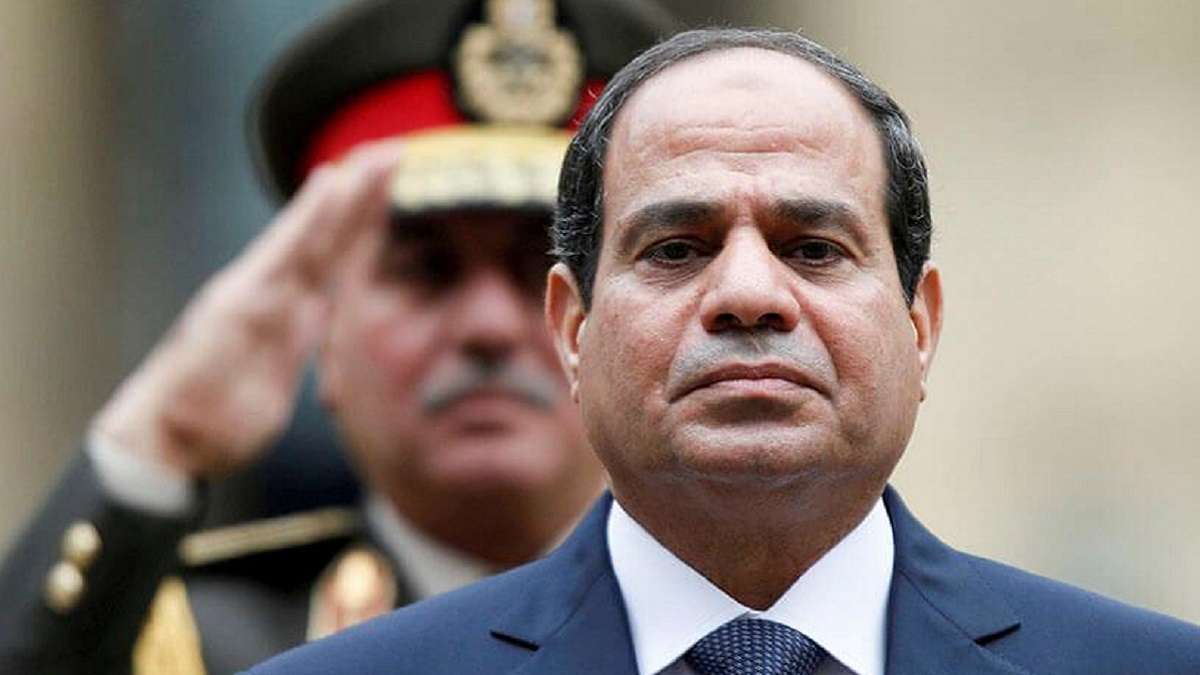
The government wants to use the idea that the state is secure and stable to give the impression to locals and visitors alike that it has managed to stabilise the pillars of the state, but the youth have other ideas and convictions, including using the event to express their demands and ambitions. It is difficult to separate the current covert conflict between security and the ultras from the existence of government circles that view the supporters' associations with suspicion and consider them a threat to the state both inside and outside the stadium, and it seems that the prevailing view was that these circles convinced security of the inevitable need to put pressure on these liaisons and prevent them from carrying fireworks and offensive banners.
Egyptian security let fans into Cairo Stadium on the day of the match between Egypt's Al-Ahly and Sudan's Al-Hilal after the supporters' association promised in advance not to do anything inappropriate or chant anything non-football related, but, in the end, they were unable to sustain the anxieties of the Egyptian club's more radical fans, who ended up raising politically incorrect banners, embarrassing the government and giving the impression that what happened was fine.
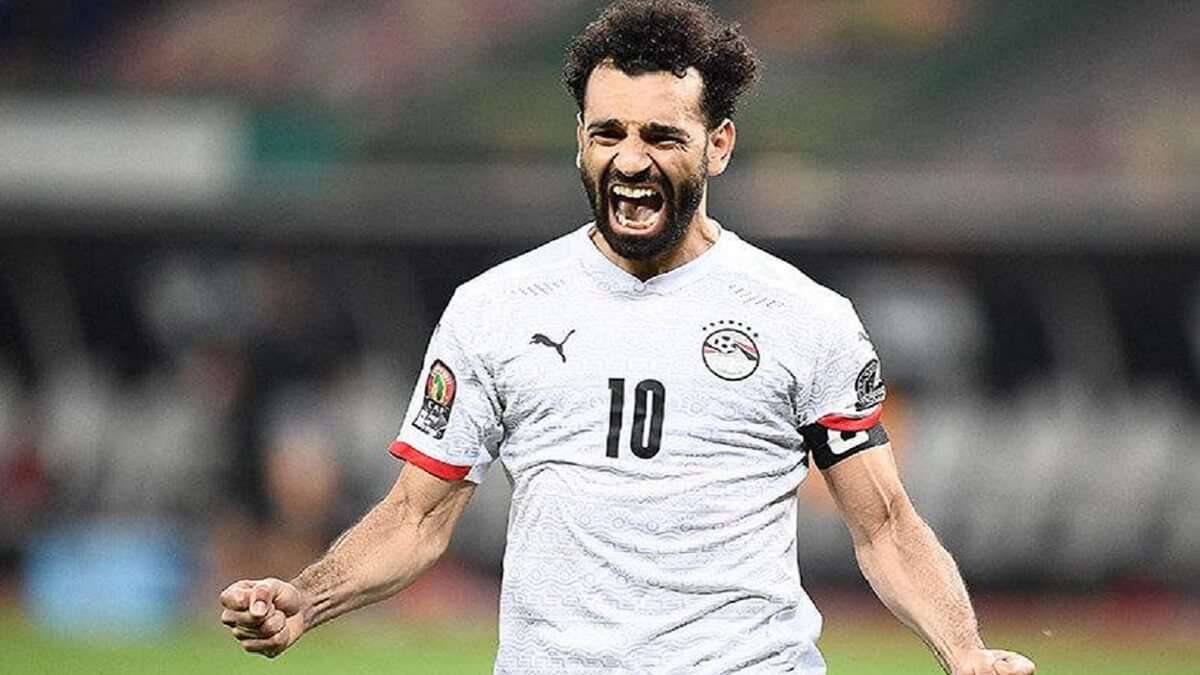
The conflict between the supporters' associations and the security forces is again inextricably linked to the growing perception in some government circles that they are being politically exploited by antagonistic currents, such as the Muslim Brotherhood, through the infiltration of elements aimed at sabotaging the relationship between the two sides or inspiring the public to chant in an abusive and racially discriminatory manner, which would politically implicate the government and perpetuate racial inequality.
For the youth majority, which represents 60% of the country's 110 million inhabitants, the sports debate and the political overtones it has taken on, which has been left out of the national dialogue launched by Al-Sisi to foster understanding with various social and political actors, converges with the continuing unease of groups with partisan forces in the street that lack balance and who will not allow the voice of the youth in the football stands, who earlier in the country's history contributed to the revolutionary movement that, in a sense, defended the country from the Arab Spring, to be ignored. Although they had to declare themselves apolitical in order not to be disbanded by the current head of government, the football ultras have been the most unexpected victims.

